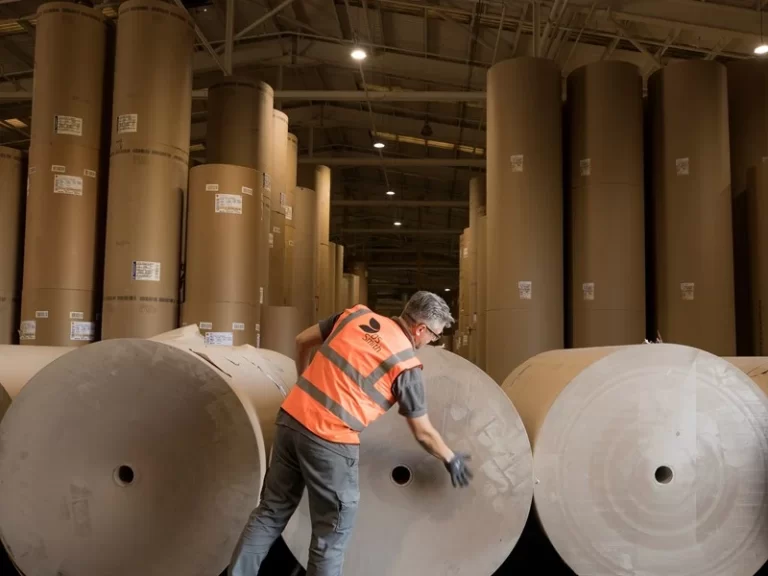Packaging giant finds sustainable alternative for price holders that will remove 8 tonnes of plastic and 21 tonnes of CO2 per year.
Asda is set to remove a further one million pieces of plastic from its stores this year after working with packaging giant DS Smith plc (LON:SMDS) to challenge industry standards and find more sustainable solutions within its shops.
The breakthrough comes after a re-evaluation of an in-store feature many take for granted – price ticket holders on the edge of shelves known as shelf-edge-labels (SELs). ASDA recognised that these were adopted by the temporary point-of-sale industry from permanent shop fixtures as a quick and easy solution to feature price labels. The challenge with SEL holders is that these have been widely accepted as a standard and easy application for displaying price tickets on temporary cardboard displays. However, the nature of the type of plastic used in these fixtures (PVC) means that when they reach the end of their life, they cannot be disposed of in a sustainable way.
By undertaking rigorous trials a solution to use adhesive was reached which could mitigate plastic altogether. The move has been shown to be beneficial to both ASDA and the environment – it means that less than 5% of point-of-sale displays now contain plastic, as such recovering fibres in the recycling process is more efficient and store operation workload is reduced when separating materials at the back of stores. As a result, ASDA is looking to adapt these point-of-sale guidelines more widely – a simple but effective reassessment that will have savings of approximately 8 tonnes of plastic waste and 21 tonnes of CO2 each year.
The move is the latest in a strong partnership between ASDA and DS Smith which began over seven years ago. Concurrently, ASDA is targeting a 15% reduction on own brand plastic by the end of 2021 while DS Smith, which is known for its sustainable business model, has its own sustainability target to remove 1 billion pieces of plastic from supermarket shelves by 2025. Last year both parties began this journey with an initiative which reduced plastic on point-of-sale displays by 15%; with the latest SEL initiative rolling out it will mean displays in ASDA will get close to being entirely plastic free.
Angus Jones at DS Smith commented: “Once again, we have worked with the ASDA team to push the boundaries when it comes to plastic replacement and lower the overall carbon footprint in its stores, success that bears testament to our growing and strengthened relationship based on continuing trust and collaboration. This particular advancement is a great example that any step towards sustainability is a step in the right direction and the benefits that our customers can reap when they make subtle but impactful changes are second to none. We look forward to continuing our work with ASDA as it advances further onto its sustainability journey.”
Lisa Walker at ASDA commented: “Removing unnecessary plastic is at the top of our minds and is also very important to our customers. Using less plastic enables us to minimise our environmental impact and we are continually striving to identify opportunities to remove plastic from our business, in favour of innovative and sustainable alternatives. This project with DS Smith has enabled us to remove the plastic SEL holder, as well as making it easier for our shipper units to flow through our cardboard recycling stream.”







































